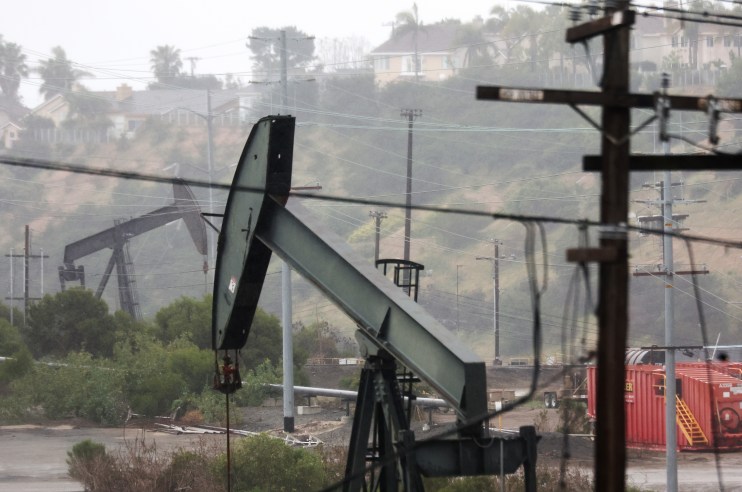Oil prices recover as Germany lifts opposition to Russian import ban

Oil prices have risen for a fourth consecutive day with concerns over Russian supply disruptions trumping reduced demand expectations in China.
Brent Crude climbed 1.7 per cent to $109.40 per barrel, while WTI Crude moved up 1.03 per cent to $106.50 per barrel.
Both contracts are set to finish up on the week, and post their fifth straight monthly gains, buoyed by reports the European Union (EU) will phase out Russian oil imports by the end of the year.
Germany – the bloc’s largest economy – has dropped its opposition to the measure, which is being considered for inclusion in the EU’s possible sixth package of sanctions on Russia following its invasion of Ukraine in February.
Prices have been on a volatile journey in the proceeding two months, peaking at 14-year highs at $139 per barrel in early March before plummeting below the $100 milestone later that month as developed economies grappled with the prospect of supply shortages.
The US and UK opting to impose sanctions on Russian energy supplies caused prices to spiral, exacerbated by tight markets amid OPEC+’s persistent fail to raise output production in line with its modest pledged increases of 400,000 extra barrels per day.
With pleas from the West to boost supplies falling on deaf ears, the US and members of the International Energy Agency (IEA) opted to flood the market with 240m barrels – causing prices to tumble as President Joe Biden desperately seeks to contain the cost-of-living crisis ahead of key mid-term eletctions this year.
The latest resurgence on both major benchmarks has been weighed down by continued Covid-19 lockdowns in China, the world’s biggest crude importer.
The country has shown no signs of easing lockdown measures in Shanghai, despite the impact on its economy and global supply chains.
However, prices are likely to remain elevated regardless, with fears of supply shortages continuing to escalate.
Russian oil production could fall by as much as 17 per cent this year, according to documents seen by news agency Reuters, as Western sanctions hurt investments and exports.
Reflecting this reality, Exxon Mobil revealed earlier this week that the Russian unit Exxon Neftegas has declared force majeure for its Sakhalin-1 operations.
The Sakhalin-1 project produces Sokol crude oil off the coast of Sakhalin Island in the Russian Far East, exporting about 273,000 barrels per day, mainly to South Korea, alongside Japan, Australia, Thailand and the US.
The energy giant revealed last month it would exit about $4 billion in assets and discontinue all its Russia operations, including Sakhalin 1.
Meanwhile, OPEC+ is likely to stick to its existing deal and agree another small output increase for June when it meets on May 5.